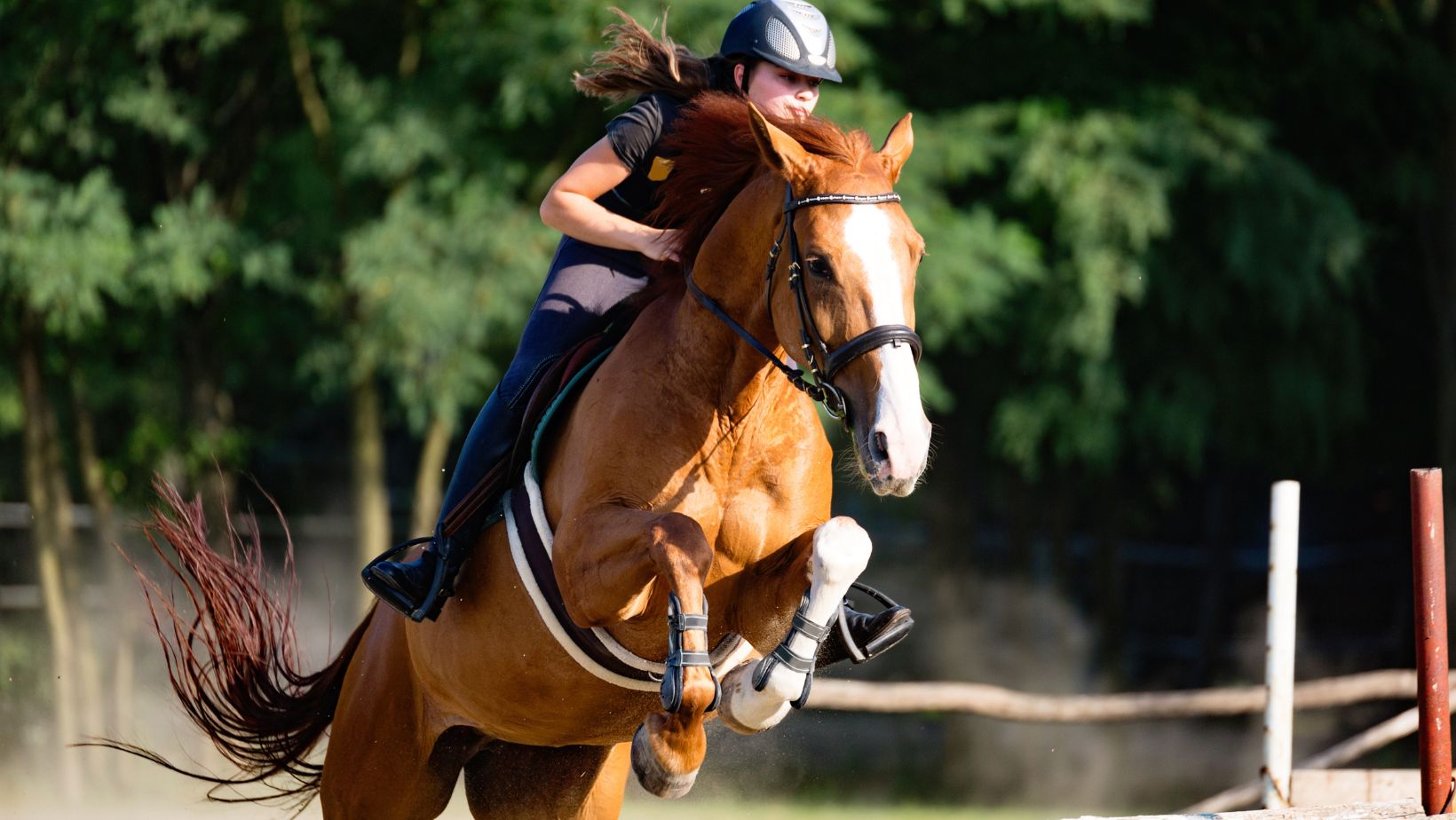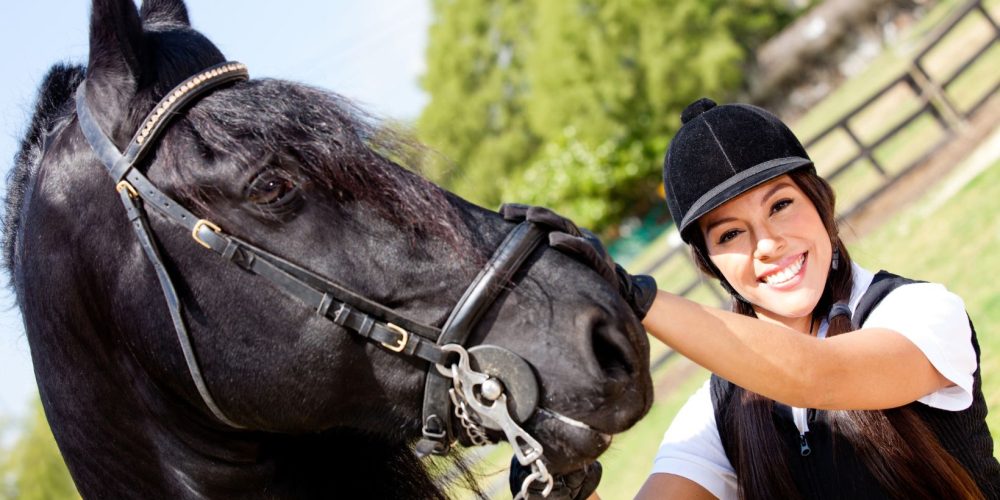It is no secret that horse racing has always been a male-dominated sport. But this doesn’t mean that there aren’t any female racing jockeys that achieved incredible success. Even though the sport always had a slight barrier for entry towards females, some of them managed to break down these barriers and prove that female jockeys can be just as good, if not better than male jockeys.
In the modern world of horse racing, we see more women who continue to break barriers and choose careers such as jockeys, trainers, owners, farm managers, and breeders.
This proves that the sport that has been dominated by men for so long can change and diversify.
It seems like the “Sport of Kings” needs more Queens in order to reach the next level, and from the latest trends, it seems like we are on the right path. If we take betting for example, would you bet differently if there is a woman on the racetrack?
If you want to learn more about horse racing betting, check out this link: twinspires.com/betting-guides/beginners-guide-betting-horse-racing/
We will focus more on the feminine side of horse racing and find out more about how women are incorporated into modern-day horse racing.
Stereotypes in Horse Racing
Historically, horse racing has been dominated by men, with women encountering major challenges and discrimination when seeking to enter the industry. Female jockeys, on the other hand, have been breaking down boundaries and defying preconceptions with their extraordinary talents and dedication as sports have gradually shifted towards gender equality.
Women in Racing and the Women Jockeys’ World Cup, for example, have been crucial in encouraging gender diversity and supporting women in the sport. Women’s increasing participation in horse racing not only highlights their skill but also motivates future generations to pursue their enthusiasm for the sport.

However, we are still a long way from creating the ideal environment for women in horse racing. Data from recent races from a few years ago show that just 12% of them are female.
Female jockeys were not only underrepresented in the aggregate but they were also underrepresented in terms of the number of races they competed in. Only 6% of all rides had a female jockey, while female jockeys rode horses only around 3% of the time at the top levels of Thoroughbred racing.
Successful Female Jockeys
Several outstanding female riders have made an impact on the horse racing scene in recent years, demonstrating that gender is not an impediment to success.
Hayley Turner, the first woman to ride an outright Group One winner in Britain, is one of the most prominent personalities. Her accomplishment cleared the door for future generations of female riders and motivated numerous women to follow their sporting goals.
Other successful female jockeys are:
· Rachael Blackmore
· Hayley Turner
· Julie Krone
· Rosie Napravnik
· Michelle Payne
· Chantal Sutherland
Opportunities and Support
The growing participation of women in horse racing may be linked to more opportunities and support. Women in Racing and the Women Jockeys’ World Cup are two organizations that support, coach, and campaign for female jockeys. These efforts attempt to alleviate the industry’s gender imbalance and offer the resources needed for women to excel in horse racing.
Is There a Difference in Male and Female Jockeys?
To answer this question, researchers from the University of Nottingham collaborated with Guillaume Dubois PhD, Scientific Director at Arioneo Ltd– a company that developed a bespoke exercise tracking device for horses- and an Equine Sports Medicine specialist (Dr Emmanuelle van Erck-Westergren PhD; Equine Sports Medicine Practice, Belgium).

Over a total of 3,568 work-outs, they observed 530 thoroughbred racehorses ridden by 103 different jockeys(66 male, 37 female) at a single racing yard (Ciaron Maher racing) in Victoria, Australia. A verified fitness tracker was used to capture variables such as speed, stride length and frequency, the horse’s heart rate, and rate of recovery.
With comprehensive data processing services, this tracker was particularly intended to monitor horses during their regular exercise regimen.
The researchers discovered no influence of rider sex on any objectively assessed outcome variable, ranging from gentle canter to severe race-pace gallops. But can the absence of influence of jockey sex in training translate to race outcomes, when many other variables come into play?
The Future of Women in Horse Racing
This decade has witnessed a significant growth in the number of female jockeys competing at an elite level in the racing profession. Rachael Blackmore, an Irish rider, made history in 2021 by winning numerous high-profile races. Success stories like these are altering worldwide betting habits on the racetrack and questioning the public’s belief in male and female jockeys’ abilities to win large races.
This shows a positive trend for female jockeys in the sport, and since it doesn’t make much of a physical difference between both genders, it is hard to see why there aren’t many professional female jockeys.
With that said, we hope that this will change in the future and the sport will become more gender-neutral. After all, small success stories inspire other female jockeys to pursue their dream, which at some point was impossible.





